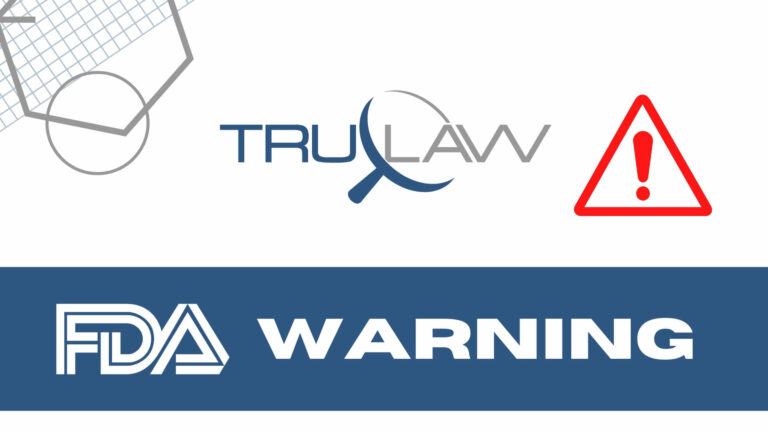
As of November 1, 2002, the FDA has updated its recommended uses and required labeling of authorized COVID-19 antigen tests as a measure against possible false negative results. This new guidance emphasizes repeat testing, or serial testing, over a prolonged period in an effort to reduce the risk that the test does not detect the infection and unknowingly spreads to others.
COVID-19 antigen tests, which detect proteins (antigens) found in the SARS-CoV-2 virus that causes COVID-19, are known to be less effective than laboratory-based molecular tests, like polymerase chain reaction (PCR) tests, in detecting the virus. COVID-19 antigen tests have proven even less likely to detect the virus in recently infected people or those with no symptoms.
To better assess test accuracy, the FDA has since required test developers to perform studies on their respective tests to demonstrate how well those tests detected the virus in both symptomatic and asymptomatic people when repeat-testing.
To dovetail that research, the FDA conducted a comprehensive study in partnership with the National Institutes for Health (NIH) and the University of Massachusetts Chan Medical School to further evaluate the efficacy of COVID-19 antigen tests. In this study, over 7,000 participants each collected their nasal samples and used an at-home antigen test. Those who tested negative went on to repeat-test every 48 hours over 14 days. The nasal samples of all participants were collected in home collection kits and sent to a clinical laboratory to be tested against a molecular test authorized by the FDA. Comparing the performances of both tests indicates that repeat testing over a more extended period of time strengthens test performance and increases the probability of a COVID antigen test detecting an infection.
Following this study, the FDA was reinforced in their thinking that repeat testing after receiving a negative result with a COVID-19 antigen test reduces the risk of a false negative result.
In the revision issued on November 1, 2022, test developers “in the scope of the revision” must submit a supplemental EUA request to the FDA. This request must include updated labeling that reflects the FDA’s revised authorized uses:
In symptomatic people, the test is now approved to be used at least two times in over three days, with a minimum of 48 hours between tests
In asymptomatic people, the test is now approved to be used at least three times in over five days, with a minimum of 48 hours between tests
If you believe you or a loved one has suffered infection with COVID-19 or experienced a COVID-19-related illness due to outdated, incorrect, or misleading information on the label of an at-home COVID-19 antigen test, contact TruLaw today. Our experienced team is here to help you claim the compensation you deserve. Contact us today or use our Instant Case Evaluation ℠ to learn more.